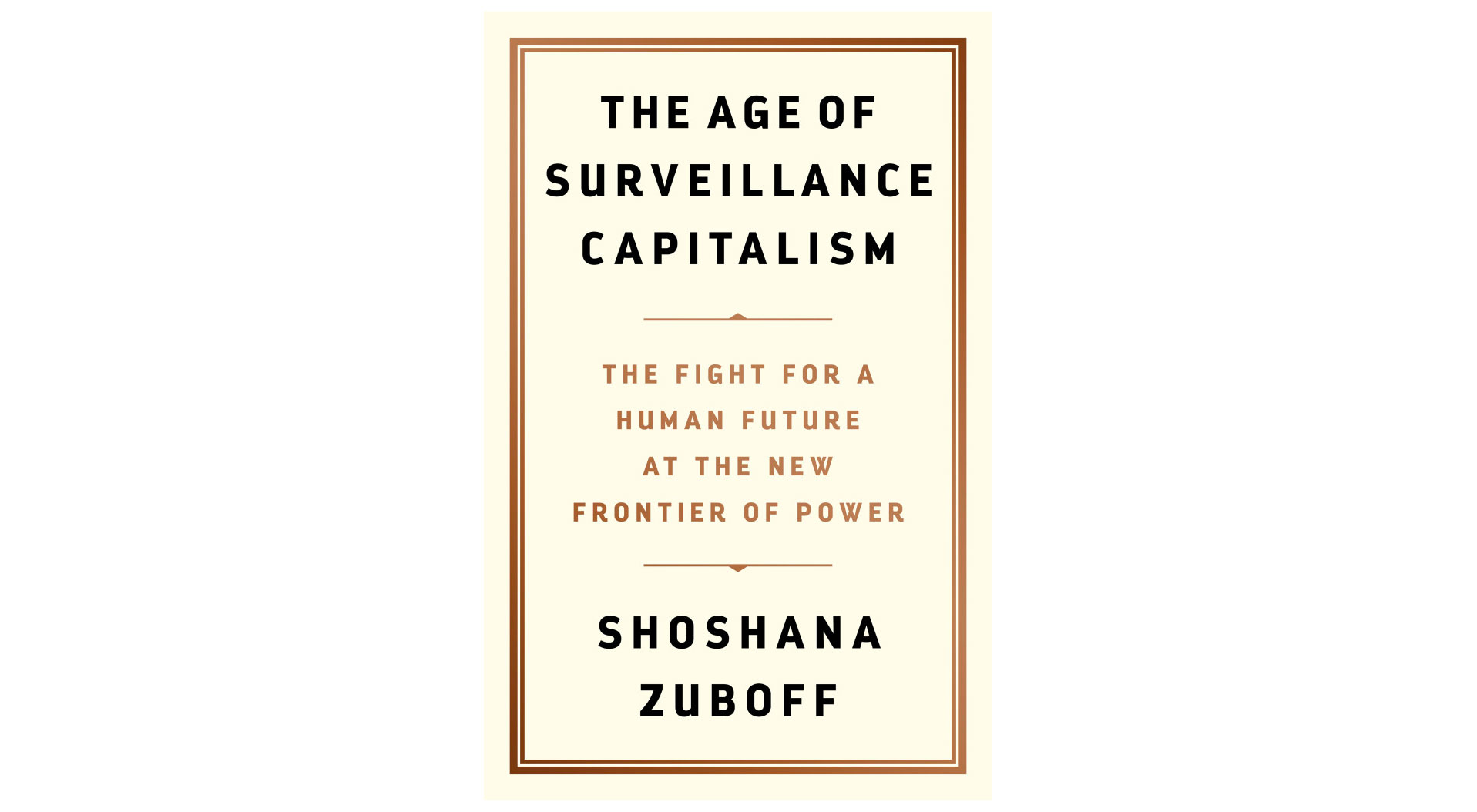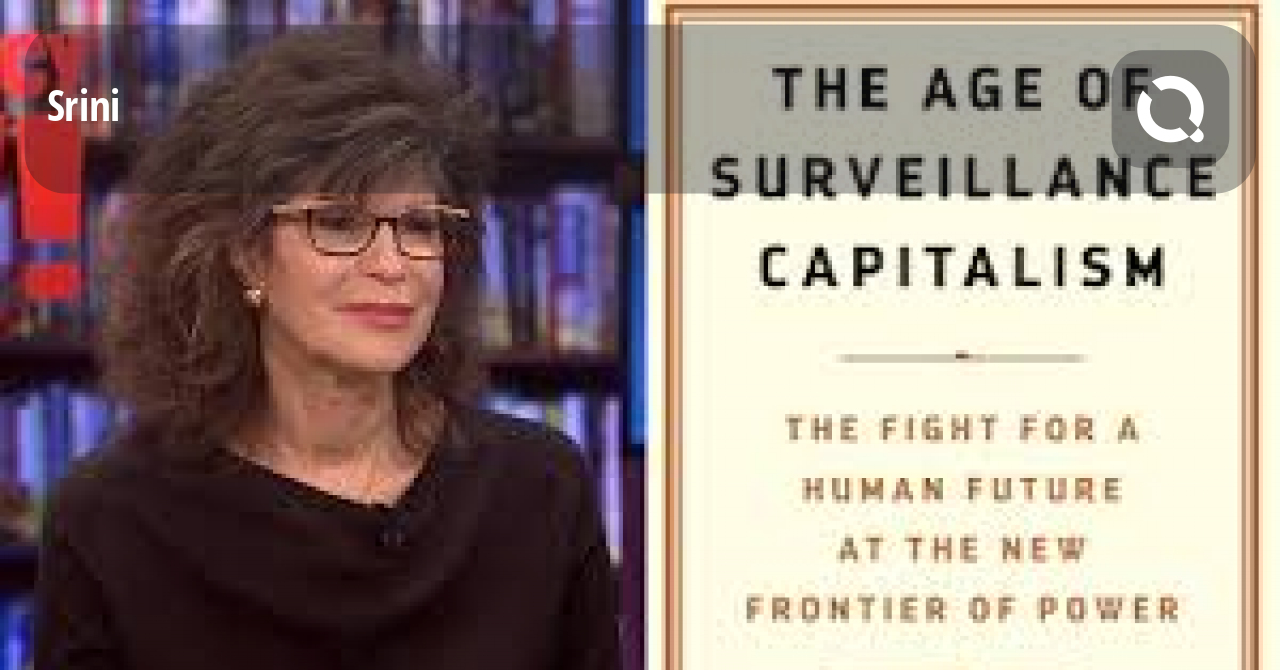

Worse, she says, these invasive business practices are spreading. Zuboff’s indictment is straightforward: Tech companies suck up our data trails then use those insights to steer us toward commercial interactions, develop their next addictive apps and predict our future behavior - effectively molding individual behavior. government’s first tentative steps toward reining in its technology titans, it’s become clear that Zuboff helped crystallize previously vague apprehensions about the tech industry.

Google and Facebook declined to discuss Zuboff or her book.īut after more than a year of tech-related privacy scandals, malign election-interference and online platform-fueled extremism, investigations opened by state attorneys general and the U.S. Consumers willingly trade their personal data for access to valuable services that don’t cost them a cent, they argue. Tech industry allies denounce Zuboff’s thesis as conspiracy-minded hyperbole. “She’s a rock star.”Įarly on, Zuboff realized researchers had missed the importance of the ambient data that digital services collect - where we use them, for how long, what we like, what we linger on and with whom we associate.īut Zuboff saw that this data wasn’t just an unexpected byproduct, says Chris Hoofnagle, a University of California-Berkeley privacy expert.


House of Lords member who spearheaded child-protection rules limiting how apps gather data and tempt kids to linger online. Zuboff has “put the language of economics around the experience that we all know we’re having,” says Beeban Kidron, a film director and U.K. privacy bills and wrote a 34-page policy paper for the House Judiciary Committee, whose antitrust panel is studying Big Tech’s potential abuse of its market dominance. The ultimate spark of neoliberal dynamism is to be found in the intellectual divisions of Keynesianism and its failure to develop public understandings of the economy that could compete with the neoliberal rhetoric of “free markets.She offered input on several pending U.S. However, these dislocations only provided an entry point. This reversal piggybacked on the social and economic dislocations associated with the Vietnam War era and the OPEC oil price shocks, which dominated the 1970s. However, in the mid-1970s the Keynesian impulse went into reverse, to be replaced by neoliberalism. It was also a period in which union coverage rose to historical highs and “New Deal” style institutions of social protection and regulation were expanded. This was the era in which modern tools of monetary policy (control of interest rates) and fiscal policy (control of government spending and taxes) were developed. For the 35 years after World War II (1945-1980), Keynesianism constituted the dominant paradigm for understanding the determination of economic activity.


 0 kommentar(er)
0 kommentar(er)
